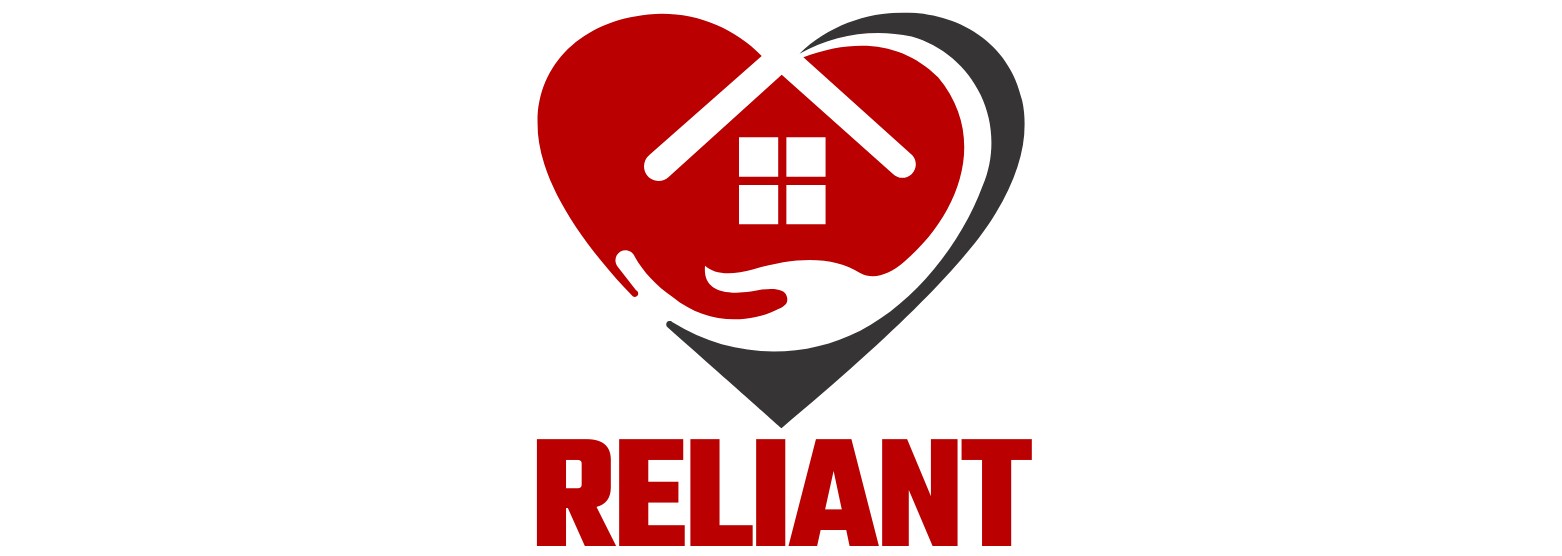REMOTE MONITORING
TELEHEALTH SERVICES
Telehealth services which are patient facing via virtual visits or via phone had started prior to the COVID pandemic with significant upscaling during the pandemic as a viable means of delivery of healthcare during a pandemic with removal of restrictive regulations by state and federal governments. Even though the pandemic has been officially declared over, use of telehealth services continue to play a vital role in equitable delivery of healthcare services. In addition, during the pandemic telehealth services has expanded in clinical practice beyond patient facing to portal messaging which is patient interactive to provider to provider consultations, use of eConsult services which are asynchronous or synchronous and remote patient monitoring technologies.
Chronic Care Management by Virtual/Phone/ In person Visits
Chronic care management which is management of chronic medical diagnosis such as cardiovascular disease or kidney disease.
This would include physician/ medical provider visit.
As a part of chronic care management this would include nursing care post physician/ medical practitioner visit to monitor their condition including medication management and coordination of care.
Use of assistive technology is limited to use of electronic medical record (EMR) reminders, EMR to update the care plan and communicate to patients via portal if enabled and contact via telephone.


Remote Patient Monitoring or RPM
Remote real time patient monitoring of vitals signs and clinical data such as blood pressure levels, blood sugar levels, blood oxygen saturation levels, pulse rate, body weight fluctuations, and body temperature can be key in appropriate timely medical care.
This could be used in many domains such as chronic care management, post surgery or post hospitalization. Availability of patient related health care data in real time via use of remote patient monitoring devices and other assistive cellular and blue tooth enabled devices allow for more effective and timely interventions and can reduce health care utilization with measurable patient outcomes.
Technology Used in RPM
RPM utilizes advanced RPM platforms and cellular or blue tooth enabled devices which integrates into EHR.
Examples of cellular RPM devices are- blood pressure monitors, pulse oximeters, weight scales, thermometers and glucometers.
Remote Therapeutic Monitoring or RTM
Remote Therapy Monitoring (RTM) serves as a crucial tool for monitoring non-physiological patient data, encompassing various aspects such as respiratory conditions like COPD, post-surgical musculoskeletal status, and adherence to medication and therapy. This comprehensive monitoring system offers vital insights for healthcare providers and therapists, enabling them to closely monitor patients’ physical status, response to treatment, and adherence to prescribed regimens. By leveraging RTM, healthcare professionals can continuously assess the need for patient education and intervention, ensuring optimal care and outcomes.
Technology Used in RTM
Therapeutic monitoring involves the utilization of various systems, including cloud or web-based platforms, as well as devices tailored for monitoring and communicating with patients. These systems encompass a range of functionalities, from remote patient monitoring (RPM) devices to mobile applications and portal messaging services. Additionally, telehealth services and traditional communication methods like telephone calls play crucial roles in patient education within therapeutic monitoring frameworks. Through these diverse channels, healthcare providers can effectively monitor patients’ progress, offer timely guidance, and ensure the success of therapeutic interventions.


